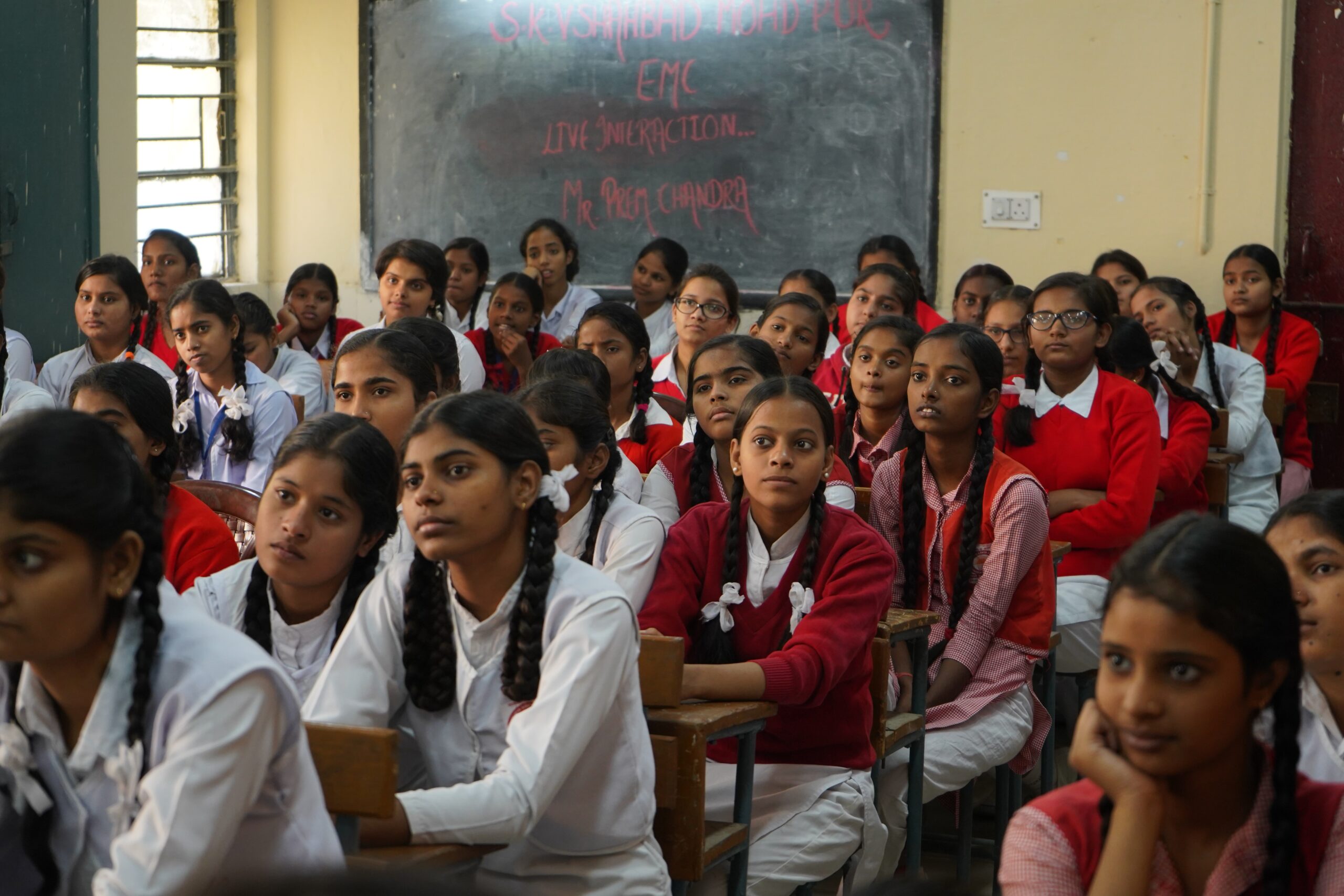The education of future generations is a noble and vital endeavor that holds the key to shaping a better world. As we invest in the education of our youth, we not only provide them with the tools to succeed but also empower them to become responsible, compassionate, and innovative leaders. In this blog post, we will explore the significance of educating the future generation and discuss various aspects that contribute to the holistic development of young minds.
- Foundation for Lifelong Learning: Education is the cornerstone upon which a lifetime of learning is built. When we educate the future generation, we equip them with essential skills such as critical thinking, problem-solving, and adaptability. These skills enable them to thrive in a rapidly changing world and continue to acquire knowledge throughout their lives.
- Fostering Empathy and Global Citizenship: A well-rounded education instills values of empathy and global awareness in young individuals. It encourages them to understand and appreciate diverse cultures, perspectives, and experiences. By nurturing global citizens, we promote tolerance, cooperation, and the ability to address pressing global challenges.
- Unlocking Potential and Opportunity: Education opens doors to a world of opportunities. It enables students to explore their interests, discover their passions, and pursue careers that align with their talents and aspirations. Access to quality education levels the playing field, allowing individuals from all backgrounds to reach their full potential.
- Cultivating Critical Thinkers and Problem Solvers: The future generation will face complex issues, from environmental sustainability to social justice. Education equips them with the skills needed to analyze problems, devise innovative solutions, and contribute to positive change in their communities and the world at large.
- Promoting Civic Engagement: Educated individuals are more likely to participate in civic activities, such as voting, volunteering, and advocating for social issues. A well-informed and engaged citizenry is essential for the functioning of a healthy democracy.
- Encouraging Lifelong Values: Education is not just about academic knowledge; it also imparts values such as integrity, responsibility, and respect. These values guide students in making ethical decisions and becoming responsible members of society.
- Supporting Personal Growth: Education goes beyond academics to nurture personal growth and well-being. It fosters self-confidence, resilience, and emotional intelligence, enabling young individuals to navigate life’s challenges with grace and positivity.
- Addressing Inequalities: Access to quality education is a powerful tool for addressing societal inequalities. By investing in equitable educational opportunities, we can break down barriers and create a more just and inclusive society.
- Innovation and Progress: Educated minds drive innovation and progress. They are the inventors, scientists, and thinkers who shape the future through new technologies, discoveries, and ideas.
- Sustainability and Environmental Awareness: Educating the future generation about environmental issues and sustainability is crucial for the preservation of our planet. Informed and environmentally conscious youth are more likely to advocate for and implement sustainable practices.
Conclusion
Educating the future generation is a collective responsibility that transcends borders and backgrounds. It is an investment in the prosperity of our world, a commitment to nurturing leaders of character, and a dedication to leaving a lasting legacy of knowledge, compassion, and progress. As we continue to prioritize and support education, we empower young individuals to reach their full potential and become the architects of a brighter and more promising future for all.

